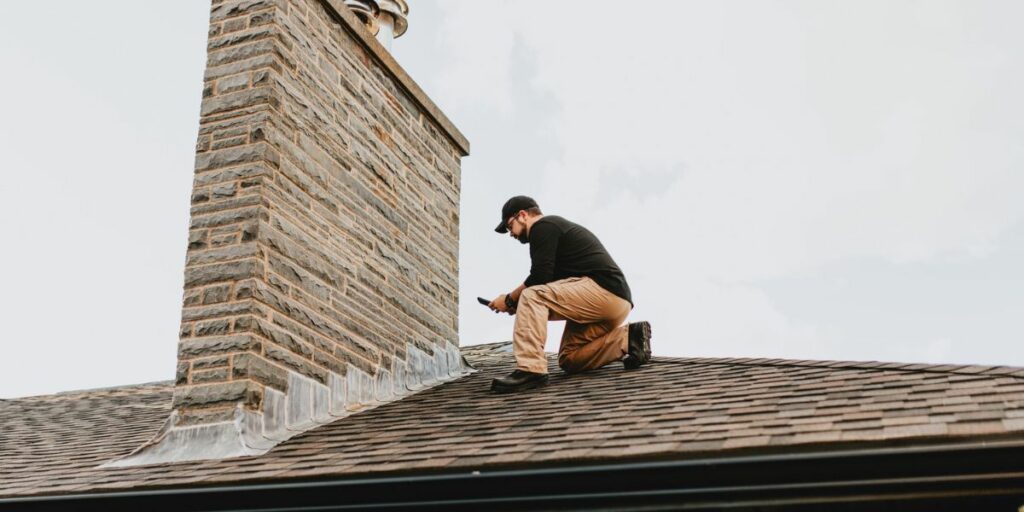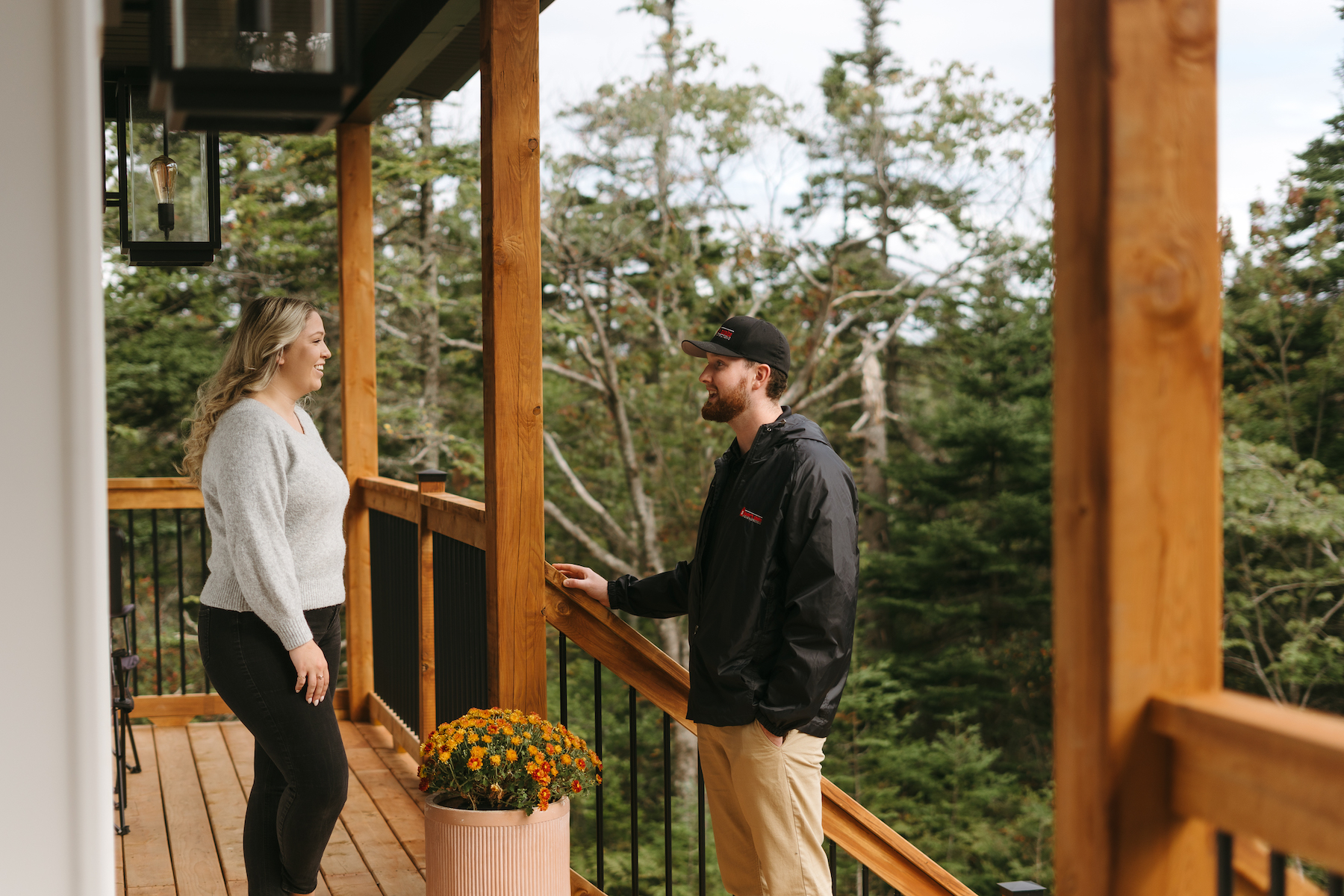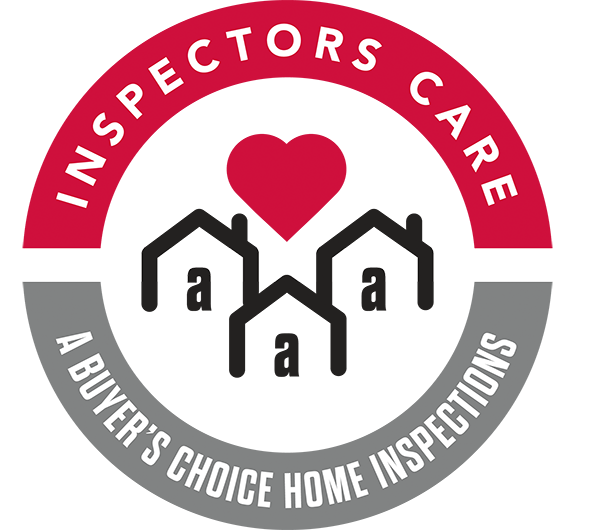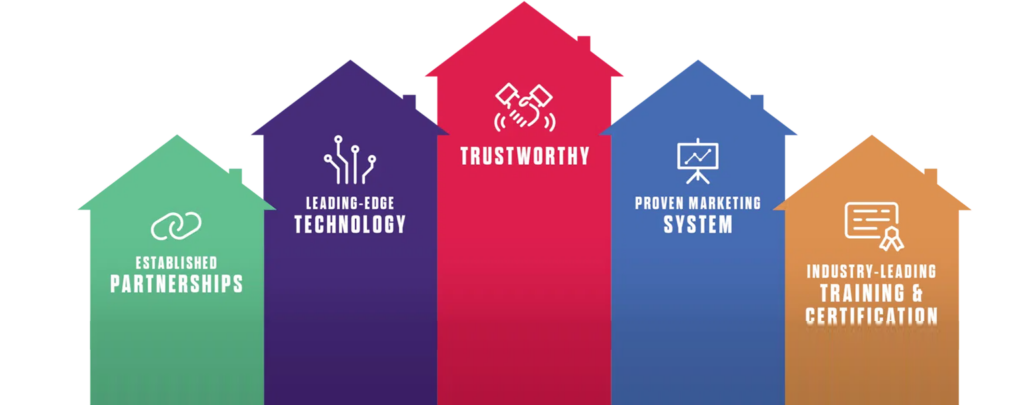Home repairs often come with a hefty price tag. That’s why it’s essential to have a home inspection before you make among the largest financial purchase of your life.
Waiving a home inspection can quickly turn your dream home into a money pit. The problem is, not all of the most expensive fixes are visible to the average person walking through a home. Staging can cover up major deficiencies and you can’t always rely on disclosure to understand the depths of disrepair.
We’ve outlined the five most expensive issues below to help you better understand what can go wrong with any property and how to spot problems.
Foundation
While minor foundation cracks can cost a few hundred dollars, more major ones can easily add up to tens of thousands. The most worrisome types of foundation cracks are typically wider in diameter – at least 1/4 inch or greater.
Water Damage

Drips, leaks and flooding can cause major structural damage if not addressed properly and/or in a timely manner. Catching potential issues like this before buying a home can save you a load of stress and money in the long run. Some important visual signs that often indicate excessive amounts of water have been – or are still – present in a property, include: Staining; Odours; and Fresh Paint (particularly in the basement or isolated to one room).
Roof
There are several common roof issues you can check for when deciding to purchase a home. This includes: Leaking; Broken Gutters; Dislodged Downspout; Chimney Disrepair; and Animal Housing.
Deck
A deck nearing the end of its lifecycle can be a costly fix and dangerous if left in disrepair. Decks are typically built to last 12-15 years and all decks require regular upkeep specific to the type of materials used during construction.
Septic
A septic system is designed to last 30-50 (or more) years, but mistreatment can be very expensive, with a new system costing between $20,000 and $50,000. There are different types of septic systems – and they’ve changed over the years. Houses built in previous decades adhered to older building codes, which are now obsolete, and new codes are adopted every few years. If a system fails and is outdated, you may be required to replace the system while adhering to the new codes.
Find an Inspector near you: https://abuyerschoice.com/home-inspectors/









